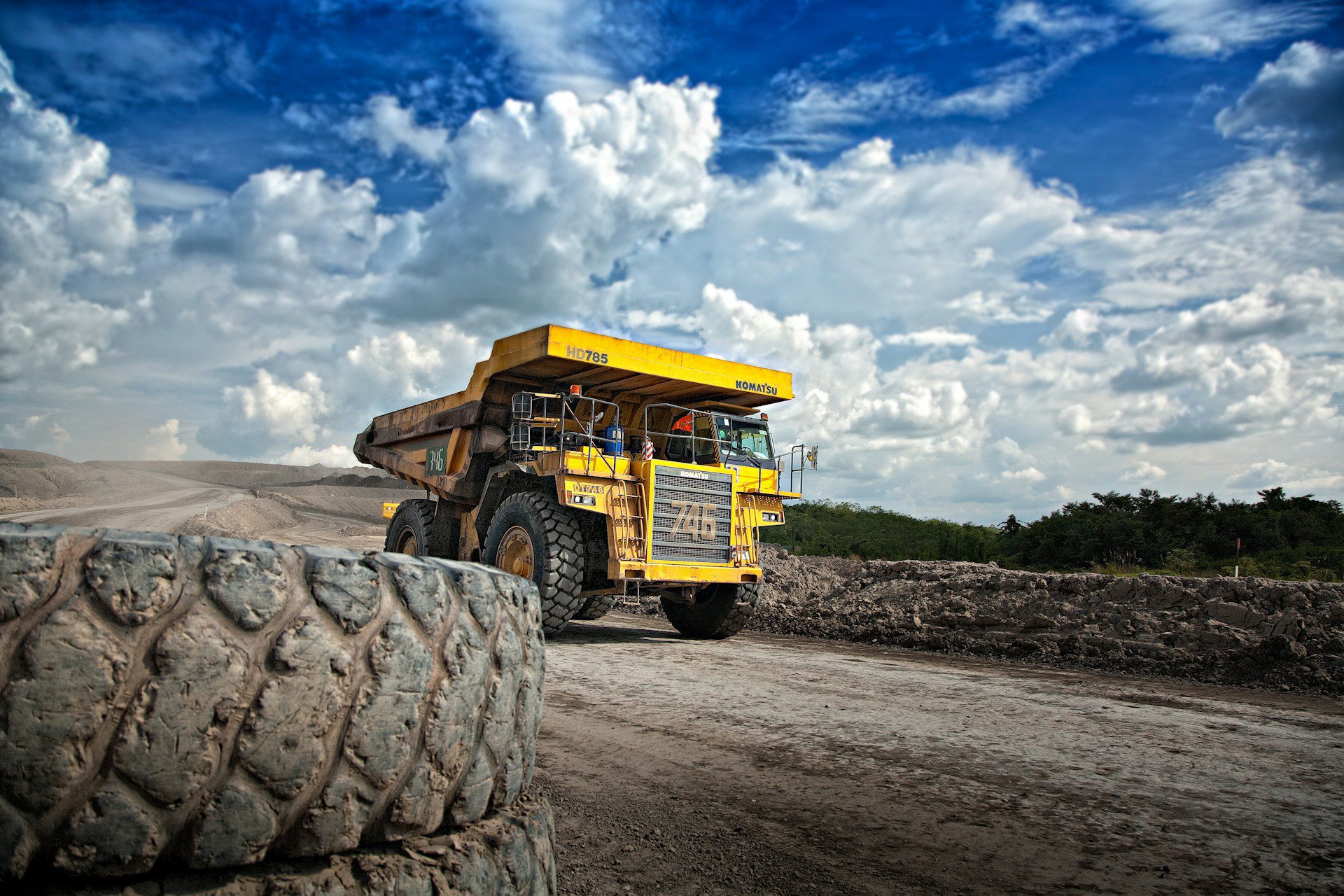
Why Cobalt Mining in the DRC Needs Urgent Attention
An artisanal miner carries raw ore at Tilwizembe, a former industrial copper-cobalt mine, outside of Kolwezi, the capital city of Lualaba Province in the south of the Democratic Republic of the Congo, June 11, 2016 Kenny Katombe / REUTER
Professor Dorothée Baumann-Pauly is director of the Geneva Center for Business and Human Rights at Geneva University’s School for Economics and Management and research director at the NYU Stern Center for Business and Human Rights.
Cobalt is an essential mineral used for batteries in electric cars, computers, and cell phones. Demand for cobalt is increasing as more electric cars are sold, particularly in Europe, where governments are encouraging the sales with generous environmental bonuses. According to recent projections by the World Economic Forum’s Global Battery Alliance, the demand for cobalt for use in batteries will grow fourfold in 2030 as a result of this electric vehicle boom.
More than 70 percent of the world’s cobalt is produced in the Democratic Republic of the Congo (DRC), and 15 to 30 percent of the Congolese cobalt is produced by artisanal and small-scale mining (ASM). For years, human rights groups have documented severe human rights issues in mining operations. These human rights risks are particularly high in artisanal mines in the DRC, a country weakened by violent ethnic conflict, Ebola, and high levels of corruption. Child labor, fatal accidents, and violent clashes between artisanal miners and security personnel of large mining firms are recurrent.
